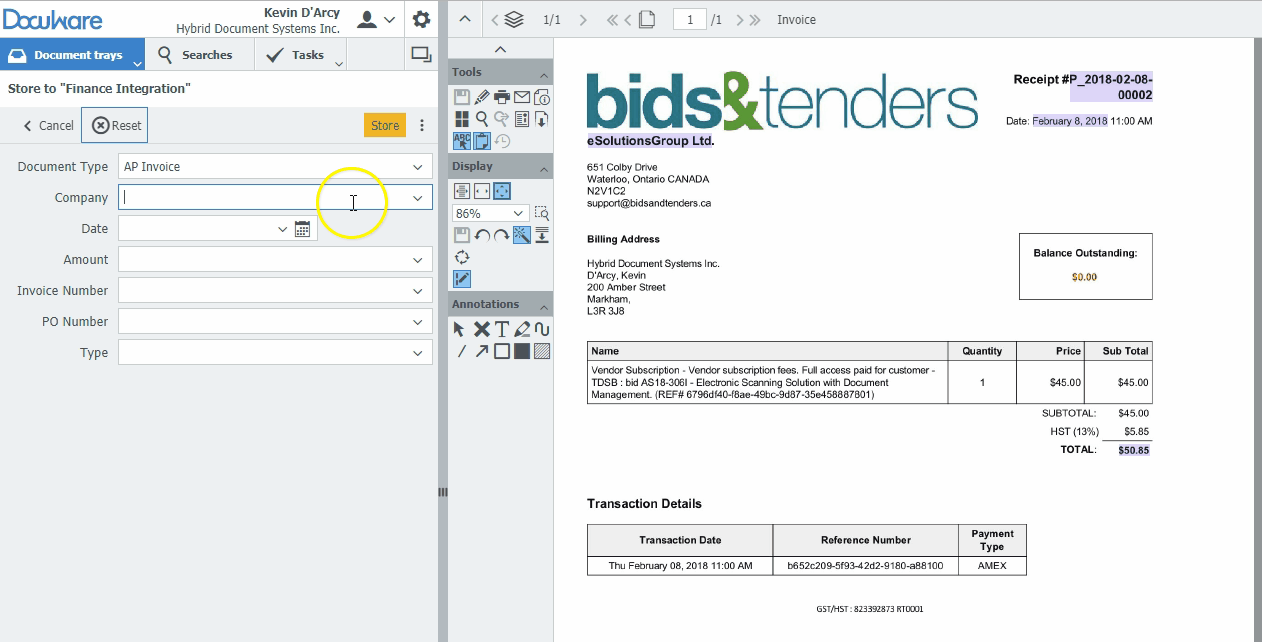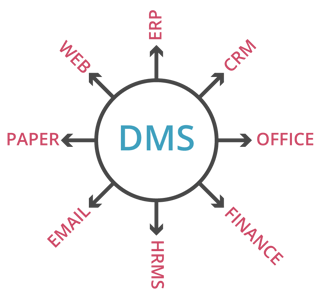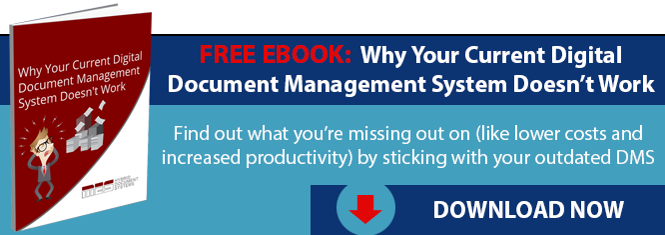What a great question! There are a number of factors that go into evaluating a document management system (DMS) that you’ll want to consider.
In my opinion, the most critical factor is ease-of-use. The system needs to be intuitive; it needs to be structured in a way that is easy for users to learn, understand, and use. If the ease-of-use is missing your users will find ways to do the bare minimum, or worse yet, circumvent the DMS. When this begins to happen, you might as well not even have a document management system in place. You’ll start to find users storing files outside of the DMS, either locally on their PC’s or on a network share, which will create confusion around version management, security, and auditing. A couple of features that make a system easy to use include:
- Intuitive layout. Look for a system that simulates how people are currently working with documents and one which uses similar terminology.
- Can users SECURELY access the files from any device with a web connection?
- Reduced time storing and indexing documents. One big knock against document management systems is that users have to spend so much time filing a document and filling out index fields. Look for systems that use technology like “point and click” indexing to speed up the indexing (example below).

The next thing to consider is the functionality of the system. Does it meet the needs of your project and still leave you room to grow? For instance, if you want to store electronic documents such as Office documents, CAD files, video, audio, etc. does it support those different file types? What about more advanced functions that you may need down the road such as workflows and process automation?
What are the costs involved in growing the system? You may only need a few features and a handful of users now but is it affordable to scale when you want to roll it out to other departments and implement additional functionality.
Cloud or On-premise? A lot of organizations begin with a cloud-based system due to their low-cost of entry. However, when the system grows, more and more data is being stored, and additional users come online it can be more cost-effective to implement an on-premise solution. Does the system allow you to move from one platform to the other seamlessly?
Most organizations purchase a document management system to initially resolve an issue in a single department (i.e., HR onboarding, AP invoice processing, QA documentation, etc.) and they research DMS platforms that specialize in that one area. What is bound to happen, once the system is in place and working for one department, is that other’s in the organization see the benefits and want in on it as well. The challenge is, a system the specializes in HR document management, aren’t set up to handle finance documents, QA documents, legal files, etc. Which means, instead of building on your investment you end up purchasing multiple systems at a much higher cost.
I could go on and on with different considerations, and if you’re interested you could watch my Planning for DMS success webinar here, but I’ll leave you with this one last consideration. A document management system such be used to break down silos of information in your organization not create new ones. Think of how the system will integrate with your existing business systems like your accounting/ERP system, CRM, HRIMS, and others. Consider a document management system like the hub in a wheel, it connects all the spokes, and without it, the wheel would fail.


